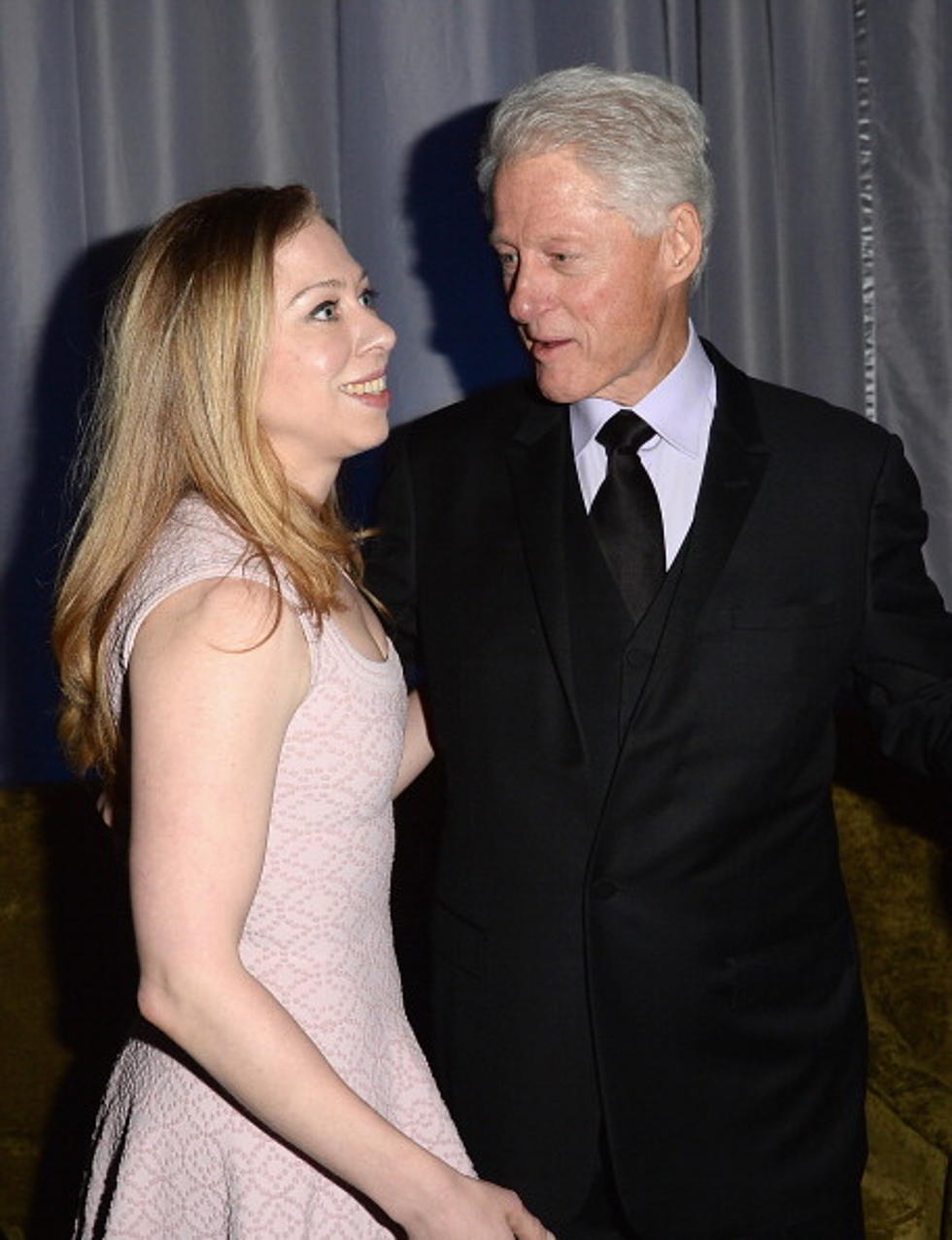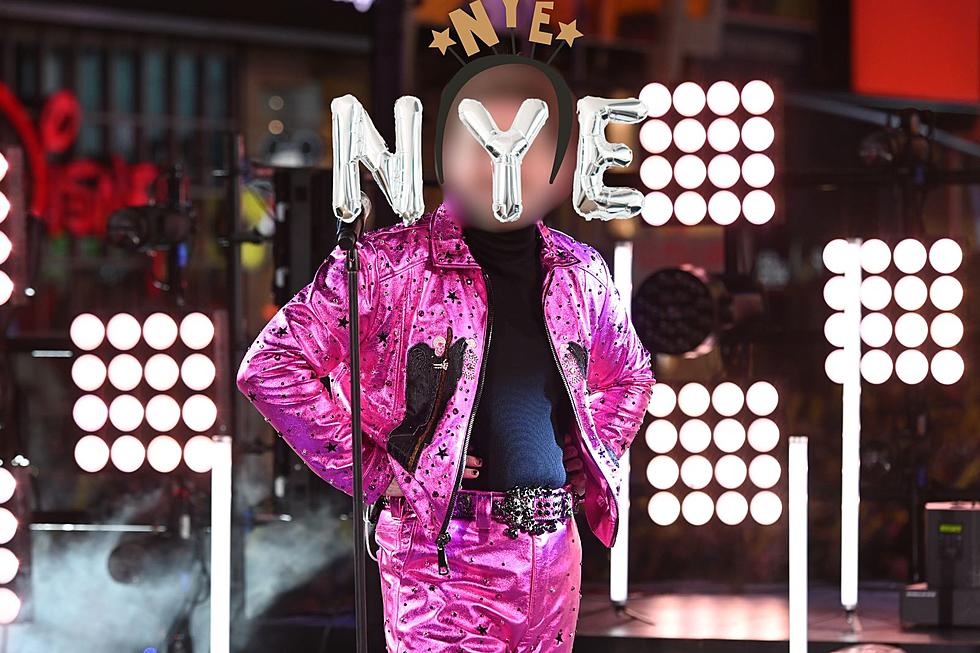
The New York Roots of Black Music Month
June is Black Music Month and has been, unofficially, since 1979, when Jimmy Carter threw a shindig at The Whitehouse and invited notable Black artists to perform. He said at the time,
“If we had had the Black Music Association organized 203 years ago, so that Benjamin Franklin and Thomas Jefferson and George Washington could have just heard some of this music at the very beginning, our country could’ve avoided a lot of trouble, a lot of heartache, and a lot of struggle, and a lot of suffering and a lot of division, and would be even greater than it is now.”
National Council of Teachers of English notes that,
While President Carter created Black Music Month, the first official presidential proclamation recognizing June as Black Music Month was not signed until 2000 by President Bill Clinton. This signing came after Dyana Williams, a renowned journalist and community activist, successfully lobbied for Black Music Month to be recognized by the US government.
Williams is a Bronx Native and has had a legendary radio career on noteworthy stations in Washington DC, Philadelphia and her hometown of New York. Williams said in an interview with Bianca Gracie for Grammy.com that,
"We (She and then partner Kenny Gamble) went to the White House for the first Black Music Month event on June 7th 1979. We sat with President Jimmy Carter and his wife, Rosalynn. But years later, I was producing a celebration[ for] Black Music Month [in June]. I wrote to Bill Clinton: "Can you hold some similar events?" The White House said, "Well, we see that President Carter hosted the Black Music Association. We know that you were his guests." But he unintentionally did not write a presidential proclamation, which would've meant that every president following him would have done similarly."
Black Music Month was made official, official by Congress and the Clinton administration in 2000. Williams says,
To be recognized by Congress and the American people is right, but I had been petitioning for several years. I had even written an op-ed, in Billboard, about why it was significant for us to celebrate it. So yeah, several years of me knocking on congressmen and senators’ doors. I knew nothing about the process of lobbying. So I became a natural lobbyist, just passionate about the music and the cause. And at that point, it was significant for me to get the president to acknowledge us. Not just because of the cultural dynamics, but the economic value and potency of our music. We don't tend to think of it in those terms, but the reality is Black music is big business.
You can learn more about the founding of Black Music Month here and here.
Jimmy Carter through the Years
This 2001 Tour Brought Nelly, Beyonce & More to Albany [PHOTOS]
Look Inside Joe Biden's Former Syracuse Home
More From Lite 98.7

![George W. Bush Gives Bill Clinton Some Funny Advice On Being A Grandparent [VIDEO]](http://townsquare.media/site/40/files/2014/09/84197387.jpg?w=980&q=75)

![Bill Clinton Makes a Surprise Appearance at the 2013 Golden Globes [VIDEO]](http://townsquare.media/site/555/files/2013/01/clinton.jpg?w=980&q=75)




